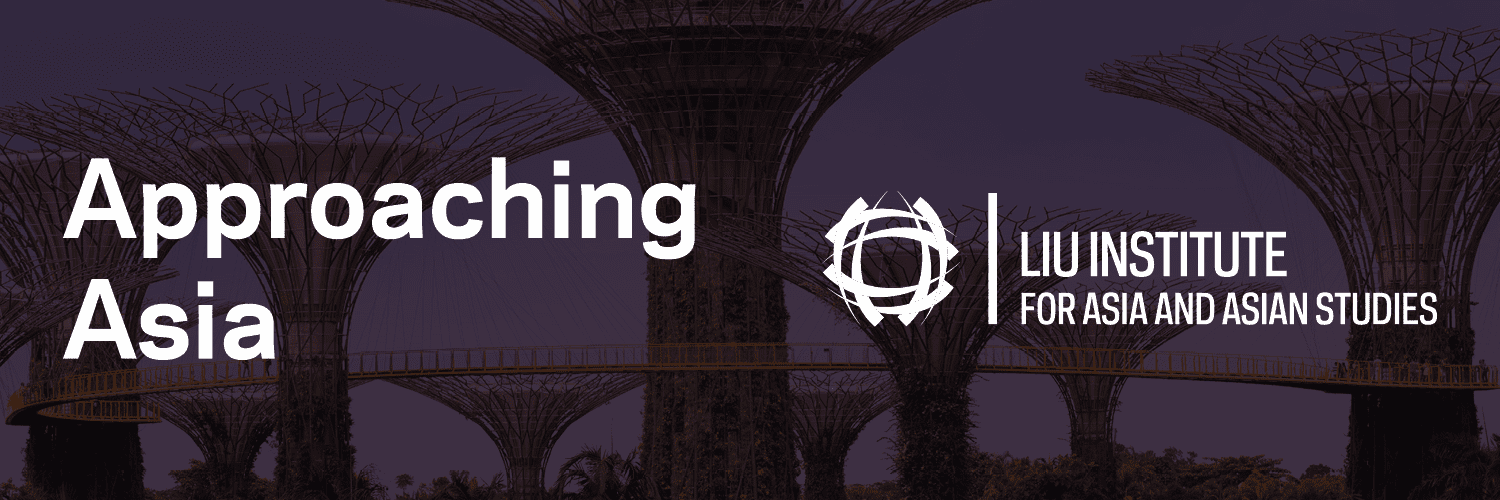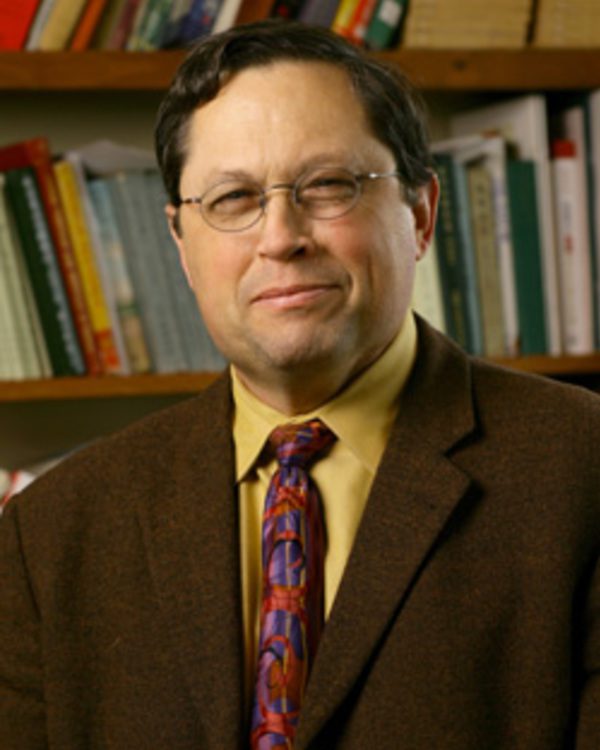Foreword

An introduction to the Approaching Asia essay series by Lionel Jensen, teacher of the Liu Institute foundational course Approaching Asia, associate professor of East Asian Languages and Cultures, and faculty fellow of the Liu Institute for Asia and Asian Studies at the University of Notre Dame.
Foreword
In late August of 2022, the students of Approaching Asia, a foundational course of the Liu Institute for Asia and Asian Studies, assumed the task of making sense of Asia in all its diversity. With the presumptive global balance of economic and political power shifting toward Asia, it is essential to know and, more importantly, to understand Asia and others’ relationship to it in a world environment characterized by international insecurity and pandemic threat. Our analysis has leaned away from national and regional security toward human security, human rights, and the conditions necessary for human flourishing. Putting people first by acknowledging the essential vulnerability of human species may be the only recognition upon which a sustainable future global governance may be built.
Working through past and present metaphors and re-descriptions of the modern world’s development—modernization, westernization, globalization, the rising powers, the “West and the Rest,” the “clash of civilizations,” along with the zombie “Three-Worlds System,” the “American Century,” the “Pacific Century,” even “Asianization”—we have attempted to work free of all once-prominent (and persistent) geopolitical models. However, spiraling corruption, increasing economic inequality, coerced migration, climate change and the persistent spread of COVID-19 and its many variants compel us to see the dangerous abstraction of the many narratives of human mastery handed down over the last few centuries.
Perhaps because of urgency, the seminar’s investigatory transit across Asia was marked by increasing concern about the larger planetary commonweal. The Earth-wide connectedness of shared jeopardy in the post-globalization moment we now recognize as the backdrop for a dramatic demonstration of the concrete limits of the frameworks of: “human freedom, rational progress, social equity—and the particular narratives of political emancipation through citizenship and the state, and the promise of economic freedom in the development of labor and exchange markets—apart from the global conditions on which they depend” (cf. Lisa Lowe, The Intimacies of Four Continents).
Our study of India, China/Hong Kong/Taiwan, and the Philippines, Burma, and the Korean Peninsula reveals several recurring stress points: massive migration (brought by privation, climate change, political coercion, war, ethnocide), ethnic and gendered violence, inequality, authoritarian rule, new nativisms, popular protests of reckoning, nuclear proliferation, urgent calls for government accountability, a sharpening of claims to individual and group identity, widening precarity of persons and place.
To this end, with the assistance of specific experts, we discovered several “Asias” – peoples, practices, and a web of life upon which the world’s very existence depends. What grew from this discovery was the creation of the A2 Writing Collective. The woeful economic and human health weaknesses of global institutions and regional bodies now stand out as geopolitical consequences we could not have imagined a few short years ago. By identifying key areas of present and future challenge to, as well as from, Asia, the collective undertakes in its essays a “thinking aloud” about what might matter most in a moment of developing international crisis.
Meet the Faculty: Lionel Jensen

Lionel Jensen is the author of Manufacturing Confucianism: Chinese Traditions and Universal Civilization, recognized in 1998 as the Best First Book in the History of Religions by the American Academy of Religion. He has edited or co-edited five other works, Early China (1997), China Beyond the Headlines (2000), China Off Center: Mapping the Margins of the Middle Kingdom (2002), China’s Transformations: the Stories beyond the Headlines (2007), and China in and beyond the Headlines (2012, Choice Outstanding Academic Title 2013). Although his research is identified with the intellectual history of “Confucianism,” his interests and published work extend from ancient through medieval, modern and even to contemporary topics. He has written on Chinese religion and thought, contemporary economy and politics, human rights, early culture contact, popular cults, mythology and nationalism. In 2010 he received the Rev. Edmund P. Joyce, C.S.C. Award for Excellence in Undergraduate Teaching in the Humanities.
